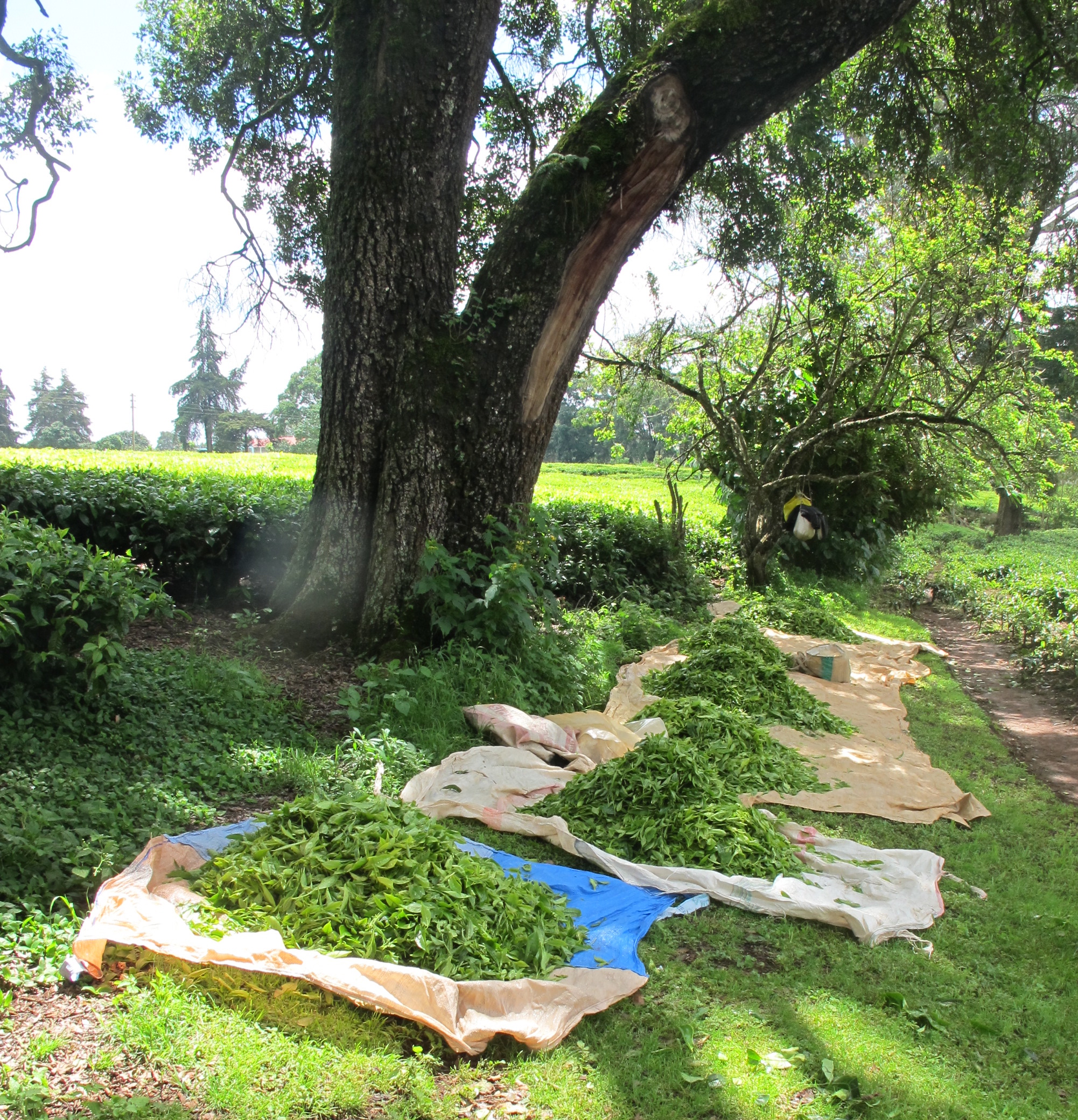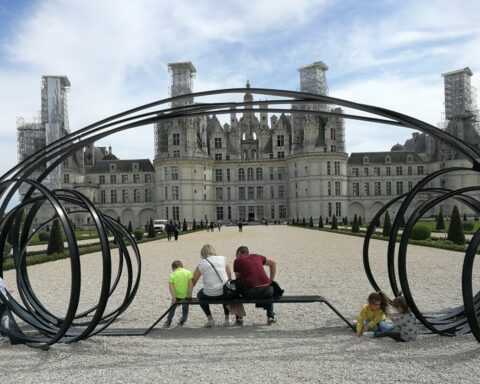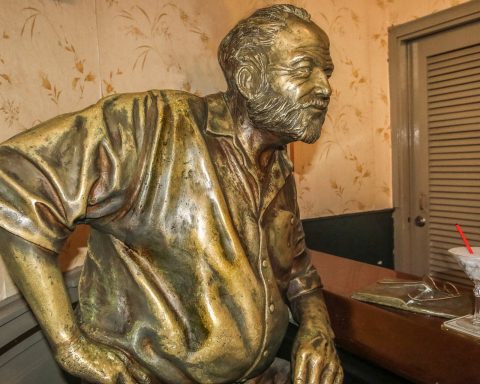
Photograph: Anne Edelstam. Edited by Opulens
TEA CULTURE. Just a short drive from the heart of Nairobi, Kenya, I had the pleasure of getting an insight into life on a settler’s tea plantation. Nairobi isn’t a pretty city but it has the advantage of being close to nature and wildlife delights.
This cloudy but pleasantly warm morning, we drove up the hills to Kiambethu farm in Limuru province at an elevation of some 2000 meters. Fiona Vernon – whose grandfather planted tea there in 1918 – came out to welcome us to her spot of paradise, situated in a particularly lush and green part of Kenya.
We were a bit early, so I had ample time to stroll around in her marvellous garden, with flowers that we in Europe can only buy expensively in a few exclusive shops. The colourful birds were rejoicing at collecting their sweet nectar. The gardener was busy cleaning away the weeds but happy to take a break and tell me about all the different plants they were growing.
When the rest of the group had all arrived, Fiona started the tour around her nowadays much smaller tea plantation. She explained how her grandfather, A.B. McDonell, had bought the farm and was the first person to grow, make and sell tea commercially in Kenya – now one of the country’s biggest exports.
That was approximately at the same time as Karen Blixen and her husband, the Swedish Baron Bror Blixen, started their coffee farm not far away. Their life story is told in Karen’s autobiography “Out of Africa”, later turned into a movie, starring Meryl Streep and Robert Redford.
Tea was easier to grow than coffee in these hills, though. It grew so well that a factory was built on the farm. It was in use until the 1960s. Finally, parts of the farm were sold to a neighbouring Kenyan tea farmer and only a small portion left for the family.
However, it still provides enough tea leaves for the farm to survive. Fiona showed us the tea plants and how the leaves are delicately picked daily by hand. The leaves are put in baskets that the pickers carry on their backs before spreading them out on blankets on the floor. Each day they have to be taken to a tea factory for immediate processing.
Each farm’s tealeaves are mixed according to quality determined by specialized tea-tasters and then sent to the auctions at the Mombasa docks. The tea brokers know the areas and their different flavours, and can thus craft the blend that suits their brand. It’s seldom that a tea is made from only one plantation. Mombasa is the port for most of the African tea-growing countries, and from there the tea is then shipped off to faraway lands.
So whenever you take a sip of Lipton tea, you also have a taste of Kenya. Your warming cup of tea has made it through many hands and has travelled far to reach your taste buds. There are many miseries in this world of ours but equally many miracles. Let’s not forget that and treasure what we do have, giving all tea farmers around the world a thankful thought and, as far as I am concerned, especially Fiona and her pickers. I will definitely never take my morning tea for granted any more!









